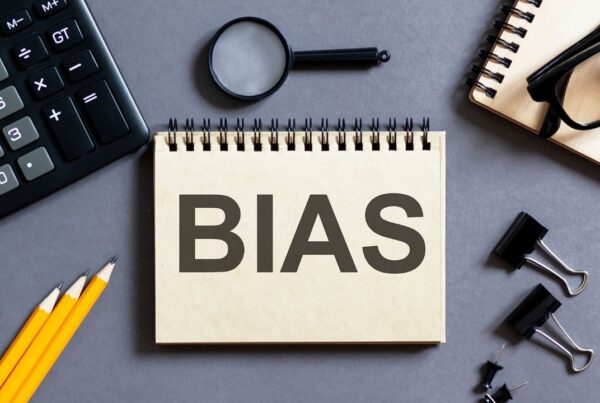Lawyers can use mental models to simplify complex tasks, make better decisions, and see opportunities that others might miss.
What are mental models?
According to this helpful article on the Farnam Street website..
“Mental models are how we understand the world. Not only do they shape what we think and how we understand but they shape the connections and opportunities that we see.
Mental models are how we simplify complexity, why we consider some things more relevant than others, and how we reason.
A mental model is simply a representation of how something works.
We cannot keep all of the details of the world in our brains, so we use models to simplify the complex into understandable and organizable chunks.”
Billionaire-lawyer Charlie Munger uses (and recommends) mental models, as do many other highly successful business leaders and entrepreneurs.
How to think better
Here are more insights from Farnam Street:
The quality of our thinking is proportional to the models in our head and their usefulness in the situation at hand. The more models you have—the bigger your toolbox—the more likely you are to have the right models to see reality.
It turns out that when it comes to improving your ability to make decisions variety matters. Most of us, however, are specialists. Instead of a latticework of mental models, we have a few from our discipline. Each specialist sees something different.
By default, a typical Engineer will think in systems. A psychologist will think in terms of incentives. A biologist will think in terms of evolution.
By putting these disciplines together in our head, we can walk around a problem in a three-dimensional way. If we’re only looking at the problem one way, we’ve got a blind spot. And blind spots can kill you.
If you want to learn to think better, you should definitely check out Farnam Street. Their mission is to “help you master the best of what other people have already figured out.”
Which makes sense, right?
Leveraging other people’s knowledge is the best way to improve your thinking without excess effort or frustration.
If you’re interested in my take on mental models, and how they can help lawyers, check out episode 178 of my LawFirm Autopilot podcast.
General Resources
- Check out my Inner Circle (to participate in ongoing discussions about tech tools I discuss and recommend)
- Check out this Law-Tech Assessment if you want specific recommendations for improving based on the technology you’re using in your practice
- Click for a list of the Best Tech Tools for Lawyers
- Subscribe to: The 80/20 Principle newsletter (it’s free)
Use technology to radically improve your law practice by focusing on the few core elements that have the biggest impact.






